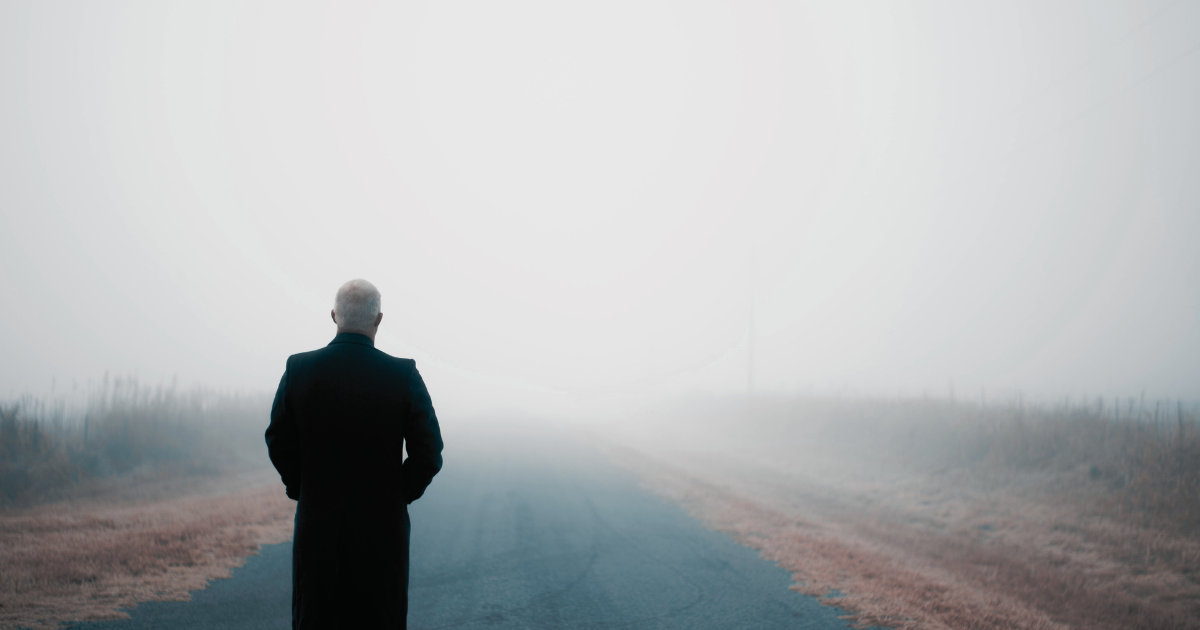Enough
Every family has competing narratives of the truth, but I'm not interested in winning an argument. This is the one based on the decisions and realities we actually lived through.

Every family has competing narratives of the truth, but I'm not interested in winning an argument. This is the one based on the decisions and realities we actually lived through.


For a month that ends early, February covered a lot of ground. Royal headlines, cultural goodbyes, Olympic debates, AI-stuffed Super Bowl ads, and a Disney cruise I'll never go on.

After months of writing, editing, and strategizing, the internet decided it preferred me lip-syncing with my kid instead. I have questions.

Who decided the halftime show needed to solve America's problems in 13 minutes? I can't even wash my hair that fast.

Too much skin, not enough Skynyrd.